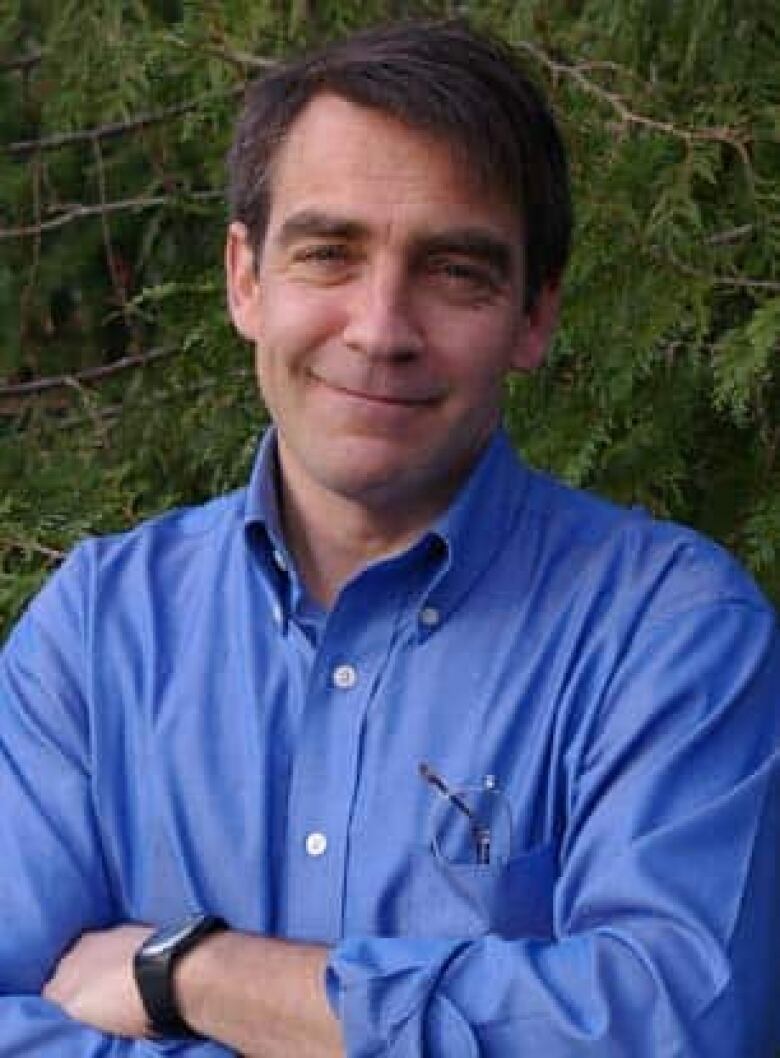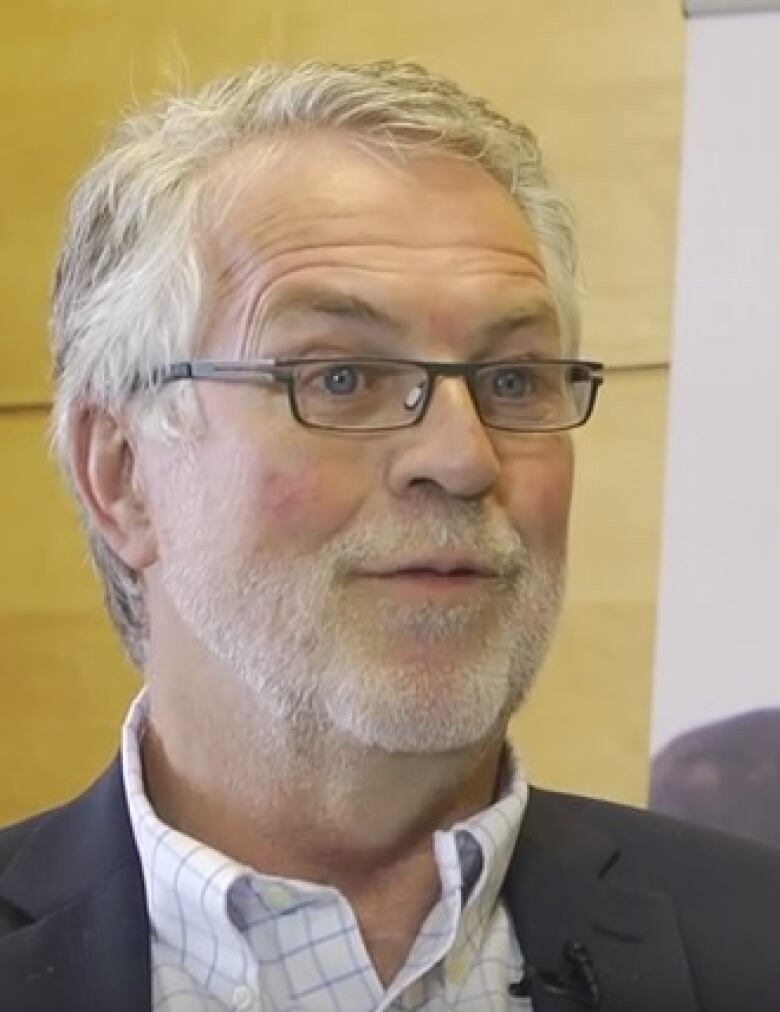Doctor-pharma industry ties examined in 'embarrassing' report
Abandoning industry money means a 'tremendous' gap in education funding, family physicians' college says

A report commissioned by the College of Family Physicians of Canada to examine the relationship between doctors and the pharmaceutical industry is being criticized for recommending the status quo.
The document prepared by an internal task force was completed in 2013and only released this month after a number of doctors challenged the collegeboard to make it public.
In one ofits key findings, the report notes the interests of the pharmaceutical industryare "not always aligned with the best interests of the college, its members, or members' patients."
- American Medical Association recommends ban of drug ads to consumers
- Drug companies using doctors, discount cards to skirt generic substitutions
- GlaxoSmithKlinedrug marketing change resonates with doctors
"There have been instances in which marketing messages have been portrayed as educationand health care and pharmaceutical industries have attempted in this way to influence physicians' behaviour or practices," it says.
"Evidence suggests that there could also be significant influence on the behaviour of individuals who may be offered gifts or other forms of support, even when the recipients perceive neither obligation nor influence."
The report makes20 recommendations dealing with issues such as conflict of interest, financial relationships, marketing and other relationships with the pharmaceutical and health care industries.
But they don'tprevent a doctor with ties to the pharmaceutical industry from serving in leadership positions, sponsoring certain events, or even from contributing to an "unrestricted" educationfund.
'Pretty embarrassing' says drug researcher
Alan Cassels, a drug policy researcher at the University of Victoria, is critical of the college for sitting on the report as long as it did.

He suspects the college held it back because it's "pretty embarrassing."
"They're basically recommending the status quo between physician education and the pharmaceutical industry," he said during an interview with CBC'sOn The Coast.
"I think they probably produced this report because they would be responding to complaints from their own members. About 50 per cent of the continuing education that our doctors get is funded by, partnered with, or otherwise led by people who have ties to the pharmaceutical industry."
Cassels says the relationships between the pharmaceutical industry and doctors plays out in "food, flattery and friendship," which pays off for them in face-time with doctors to push their products.
Cassels says there is a correlation between interactions with pharmaceutical reps and how often they prescribe their drugs.
College says industry money a necessity
Dr. Jamie Meuser, the college'sexecutive director of continuing professional development concedes drug company influence is an issue the college needs "to pay close attention to," but that it's also important for there to be"a wide array of learning opportunities available to our members."

"Currently, some of those learning opportunities are developed with assistance from the health care and pharmaceutical industry.There's no doubt, and those are, along with all other programs that come to us for accreditation ...those are what we apply our standards for quality to," he said.
Meuser says the reason the college doesn't stop taking pharmaceutical money is because without itthere would be a"tremendous" gapin fundingthe continuing education of physicians.
Meuser says the report was only held back because the college considered it a"working document" more suited tointernal discussion.
To hear the interview withAlanCassels, click the audio labelled:AlanCasselson doctor-pharmaceutical industry relationship.
To hear the interview withDr. JamieMeuser, click the audio labelled:College of Family Physicians of Canada ondoctor-pharmaceutical industry relationship.












_(720p).jpg)


 OFFICIAL HD MUSIC VIDEO.jpg)
.jpg)



























































































